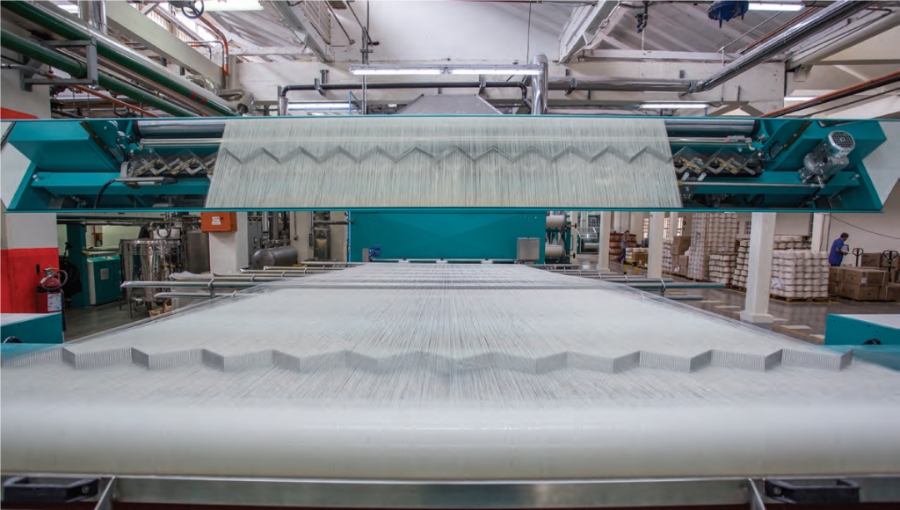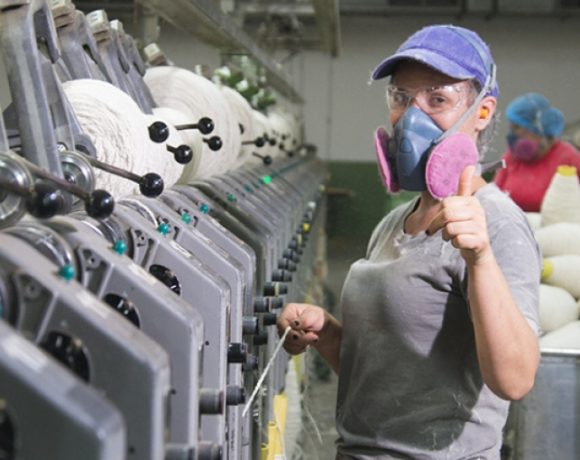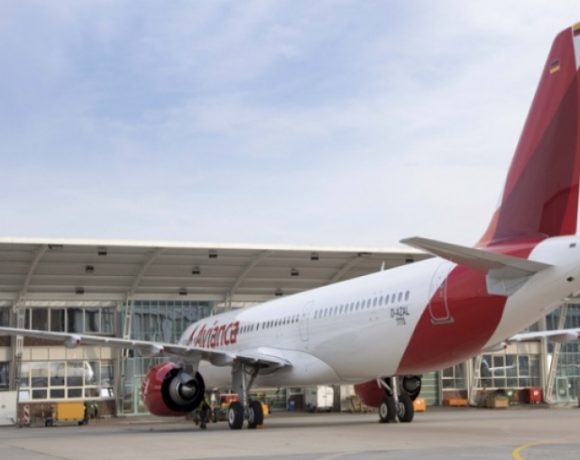Medellin Textile Giants Coltejer, Fabricato Post Net Losses for 2016

Medellin-based textile giants Coltejer and Fabricato posted net losses for full-year 2016 — in contrast to the net profits posted by both companies during 2015.
According to the recently released Coltejer annual report, the company’s net loss hit COP$7.7 billion (US$2.7 million) in 2016, versus a COP$7.8 billion (US$2.7 million) net profit in 2015.
Financial expenses in 2016 rose 22% year-on-year, to COP$34 billion (US$11.9 million), although operating income rose 2% year-on-year, to COP$241 billion (US$84.8 million).
Imports into Colombia of contraband textiles and clothing continued to hurt the company, as did last year’s 46-days-long trucker’s strike, higher interest rates, uncompetitive domestic transport costs, relatively weak domestic growth, higher costs of imported cotton, a decline in textile demand from recession-plagued Ecuador, and rising demand among Colombian manufacturer-distributors for finished clothing rather than raw textiles, according to Coltejer.
Coltejer’s main export destinations during 2016 were Brazil, USA, Ecuador and México, according to the company.
Colombian national production of yarns, woven fabrics and finished textiles declined 2.4% year-on-year in 2016 versus 2015, the company added.
While Colombia’s national government issued decrees in 2016 aimed at fighting illegal textile, clothing and footwear contraband as well as decrees aiming to curb import-tax evasion, local textile producers continued to suffer from imports of illegal goods sold at prices far below even the cost of raw materials.
In addition, Coltejer complains that textile producers in China and India receive both direct and indirect government subsidies, making Colombian textiles less competitive with foreign “dumping.”
Citing official Colombian government statistics, Coltejer complains that more than 181 million kilos of such subsidized textiles entered Colombia in 2016, 66% of which came from China.
Despite these challenges, Coltejer announced that it aims to achieve better results in 2017 thanks to new market strategies, cost reductions, optimization of resources and improvements in production.
Fabricato Results
Meanwhile, Fabricato reported that it posted a COP$845 million (US$297,000) net loss in 2016 versus a net profit of COP$33.9 billion (US$11.9 million) in 2015.
Hurting 2016 results were costs of terminating labor contracts, the trucker’s strike, higher interest rates, expenditures of US$11 million for new production equipment, as well as one-time costs for scrapping of obsolete equipment, according to the company.
Another key factor affecting 2016 results: The relative weakness of the Brazilian real versus the U.S. dollar, which favored more imports of Brazilian textiles into Colombia, according to Fabricato.
On the up-side, the legacy of fiscal reversals in 2016 are likely to lead to better results in 2017 — thanks to newer machinery, greater product diversification, quality upgrades and lower labor costs, the company added.
While 2015 profits were favorably boosted by income from the “Ciudad Fabricato” real-estate development project in the Medellin suburb of Bello, no such income was realized in 2016 – although more income is expected from this project in 2017 and beyond, according to the company.
While its export volumes declined in 2016, Fabricato nevertheless expanded exports to more countries — which ought to bring better financial results in 2017, according to the company.
As for domestic Colombian sales, these are likely to be pinched by the hike in value-added tax during 2017, likely to be accompanied by a growth in sales of contraband clothing (mainly originating from Asia), according to the company.
Denim wear (jeans) is particularly affected by contraband, as demand for denim is now about 70% of total clothing demand in Colombia, while denim imports in 2014 were only 40% of demand.
Because of the below-cost import problem, Fabricato has shifted local production toward higher-value-added products, as well as launching an anti-dumping complaint against China and India.
On the positive side, Fabricato continues to enjoy leadership and innovation in production of uniforms, the company noted. This year, Fabricato also will reorient production toward different types of fibers, threads, textiles, colors, printings and finishings, “in order to flee the hard competition in basic products,” according to the company.
















